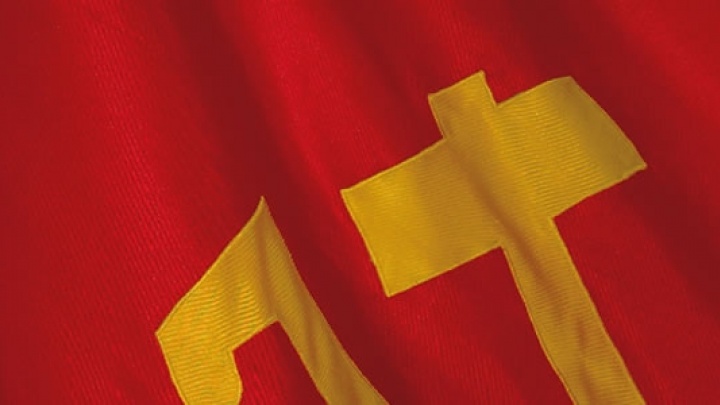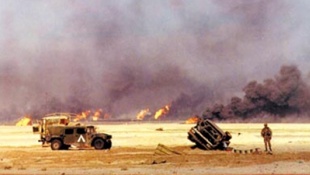"Avante!" Article by Luis Carapinha, Member of the International Department
China's upgrading unto the status of a great economic power is not to be ignored. After having over passed Germany, in 2007, the disclosed GDP's trimester data, in August, show China is currently, the second major world economy, after the USA. A position which, as all indicates will last up to the end of 2010, relegating Japan to an inferior sphere that since the USSR's disappearance, was the second world economy. The most populous country within the planet is currently the greatest world exporter and exchange reserves holder. China, not belonging to the reserved G7 club (G8 and Russia associated), exhibits as well, the greatest home investment amount.
However, numbers which do not make the Chinese administration ignore the notion of reality. In relative terms, the Chinese GDP per capita globally holds a modest rank (although it considerably increases if one considers the purchase power parity). From Beijing, China continues to be looked at as a developing country, yet, at the primary stage of the socialist building. The economic and the productive forces growth remain a central priority, along with the deep inequalities and unbalances which followed the growth rates unprecedented registered during the last three decades, which have become a CPCh's and the Chinese State's prime concern.
If it is true that the contradictions and enormous challenges faced by the process of "socialism with Chinese characteristics" can not be underestimated, neither can it ignore the meaning of impetuous economic, technological and social environment of the old empire to the world's peoples and the forces of peace and social progress.
China's contemporary ascent, indissoluble with the 1949 revolution's initiated path and the Popular Republic foundation – leaving behind a century of opium wars and semi-colonial subjugation unto imperialism -, has become an obsessive fixation for the great capitalist powers and, above all, the USA which considers it to be a great economic threat, and, at length, military.
China's intimidation urgency has driven to unprecedented levels in result of the provocative escalade driven from Washington, during this summer, with the taking place of serial military manoeuvres and the presence of an extraordinary USA's ultimate generation bellicose potential within the seas which border the Chinese territorial waters. South Korea and Japan both allied to the deliberate instigation. At the pretext of the strange sinking of Cheonan, the South Korean war vessel – on which the PDRK has denied any responsibilities – and coinciding with the 60 anniversary of the Korea war beginning, Washington went to the extent of agreeing with Seoul on the taking place of monthly basis manoeuvres ill the end of the year (R.Rozoff, Global Research, 10.08.18 ).
USA's military manoeuvres, which extend to the China South Sea: obviously, imperialism is looking for the military involvement of the South-East Asian countries following a China’s contention strategy, using the intricate regional context of territorial disputes and contradictions at economic level with astuteness, and which cannot be resolved without a demanding attitude both of dialogue and political principles.
The USA's strength demonstration, as well, aiming to subject China's attitude in other tension focuses, throughout the map -mundi, exacerbated by gunboat policy, follows the announcement of the selling of a new weapon lot to Taiwan and the growing commercial, economic and politic pressures, which have, as a target, Beijing’s government. With the latest USA's economy data, confirming the stagnation scenario of the most critical capitalist crisis since 1945, the White House arrogance concerning the USA's greatest creditor is a bad presage for peace and international security. But, to abuse of the Chinese millenary patience is a high risk. And time is not in favour of imperialism’s hegemonic strategy.

